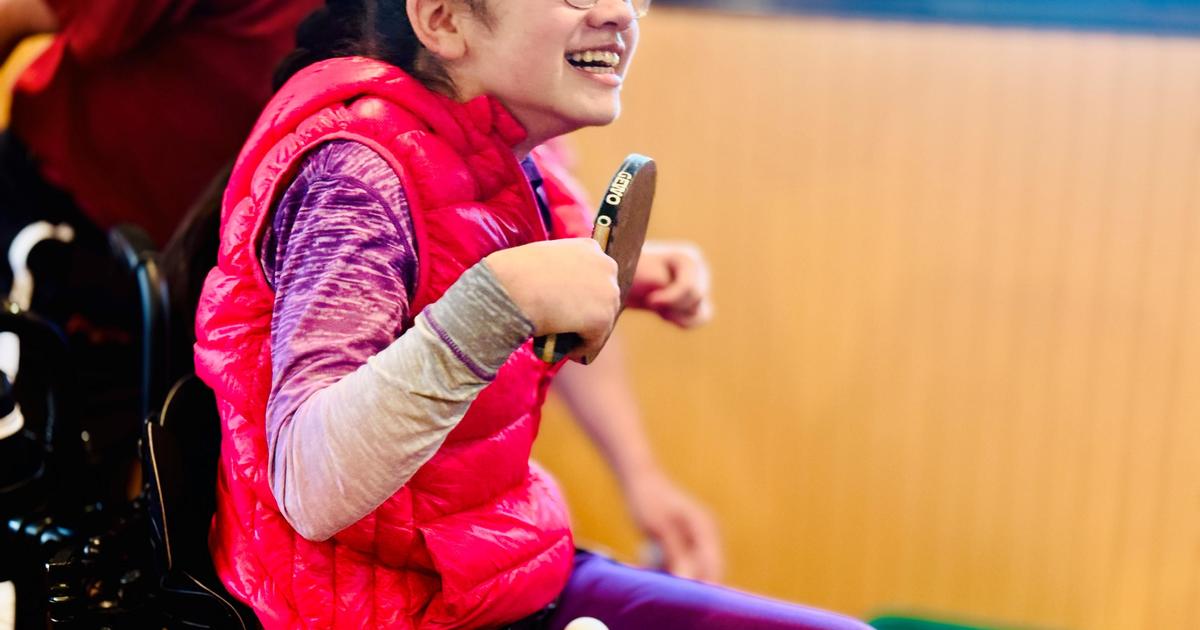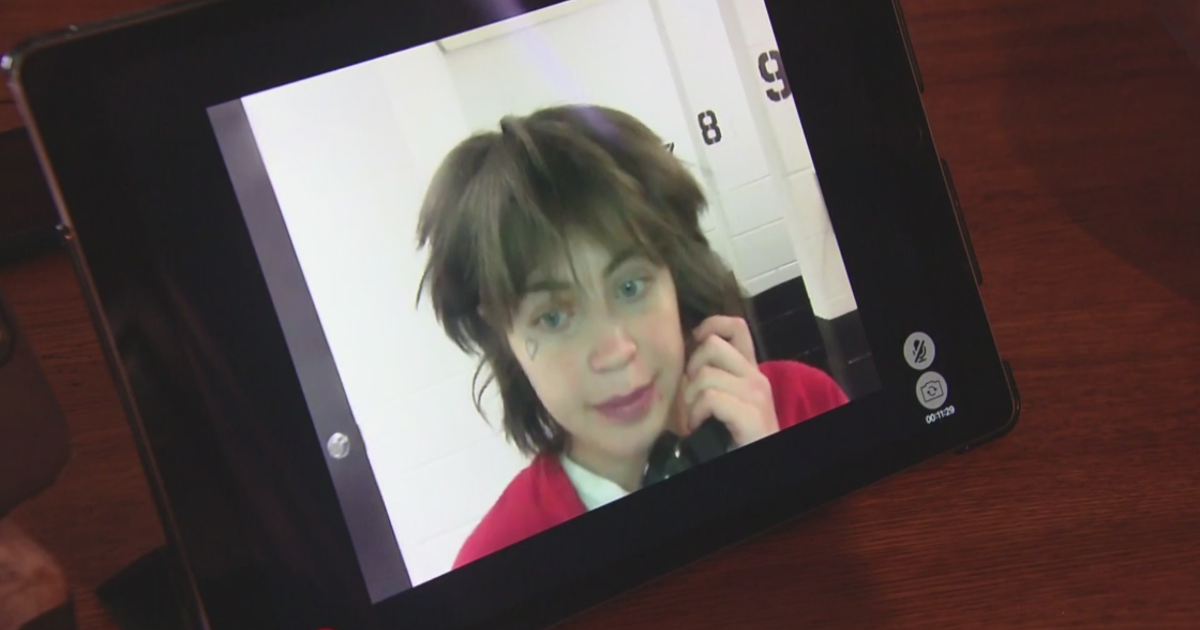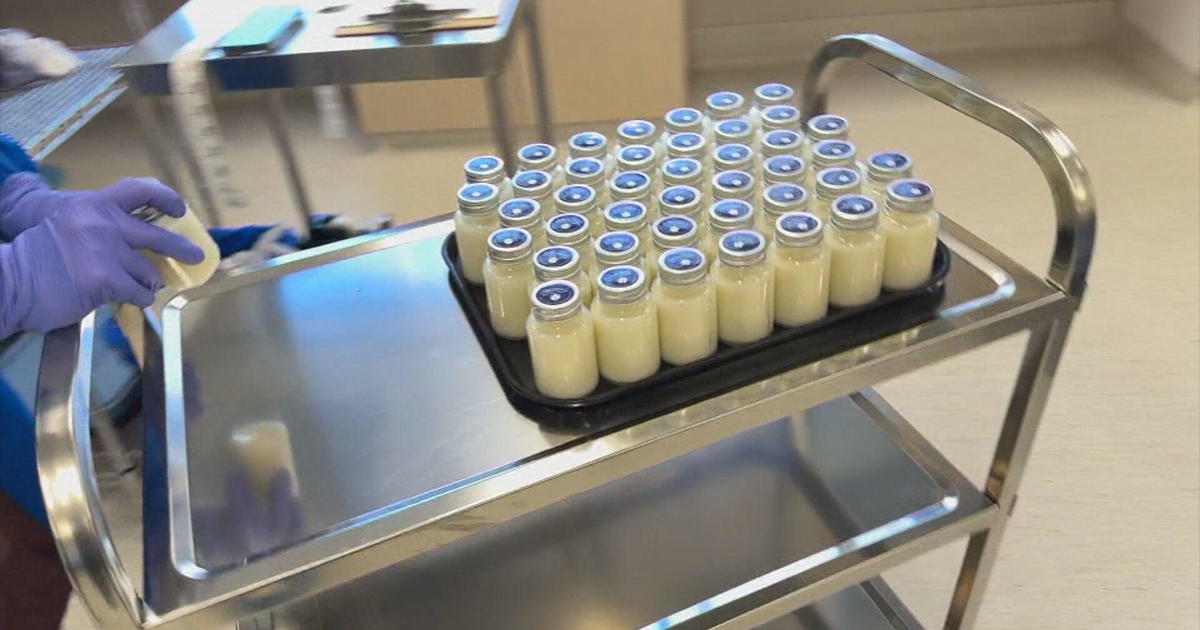CU Researching Why Exercise Doesn't Work For Everyone
BOULDER, Colo. (CBS4) - Researchers at the University of Colorado School of Medicine are trying to figure out why exercise helps some people lose weight, but leaves others frustrated.
The common perception is that the more calories people burn, the more weight they lose. But that equation doesn't work for everyone.
Indu Persaud, a medical student at CU, was lifting weights and burning calories through cardio exercises but wasn't seeing the results he expected.
"It's a little bit frustrating," Persaud said. "When you don't see the scale going down and you are doing more work."
Dr. Marc Cornier, a practicing endocrinologist, says everyone knows that exercise is good for people. But as a weight loss tool, exercise is controversial. He says people who work out hard for their New Year's resolutions are often examples of the problem.
"It comes the end of January, mid-February, and you look at yourself and say, 'I haven't lost any weight. I'm very frustrated.' "
Cornier says he sees it happen over and over again.
Now Cornier is launching a three-month study to find out why exercise seems to work better for some people than others.
"We think what happens in some individuals is that when they exercise their body is telling them there is not enough energy around."
As a result, Cornier says some people eat more and don't lose weight, or actually gain a few pounds.
Cornier is going to try and isolate the specific physiological functions that make exercise work for some, but not for others. Right now he is recruiting about 60 overweight and obese people to participate in his study. They will get a free gym membership at the Anschutz Health and Wellness Center where Cornier will closely monitor their exercise interventions. The researchers will also use brain scans to see how the mind responds differently to food.
"We are really interested in how appetite is controlled, from hormones to behavior, to what's happening in the brain."
Those interested in participating in the study can find out more information at anschutzwellness.com/research/participate-in-research or call (303) 724-9115.
In the meantime, the frustration is gone for medical student Indu Persaud. After making some changes, the weight is starting to come off quickly. Persaud paired his exercise with a strict diet, closely controlling portion size.
"I've lost about 17 pounds in four weeks," he said.
Cornier's study is funded by the American Diabetes Association because exercise and diet are some of the best ways to prevent and treat diabetes.
CBS4 is a proud sponsor of the American Diabetes Association Expo this Saturday, Feb. 22 at the Colorado Convention Center. For more information about the Diabetes Expo visit diabetes.org/in-my-community/diabetes-expos/denver.



